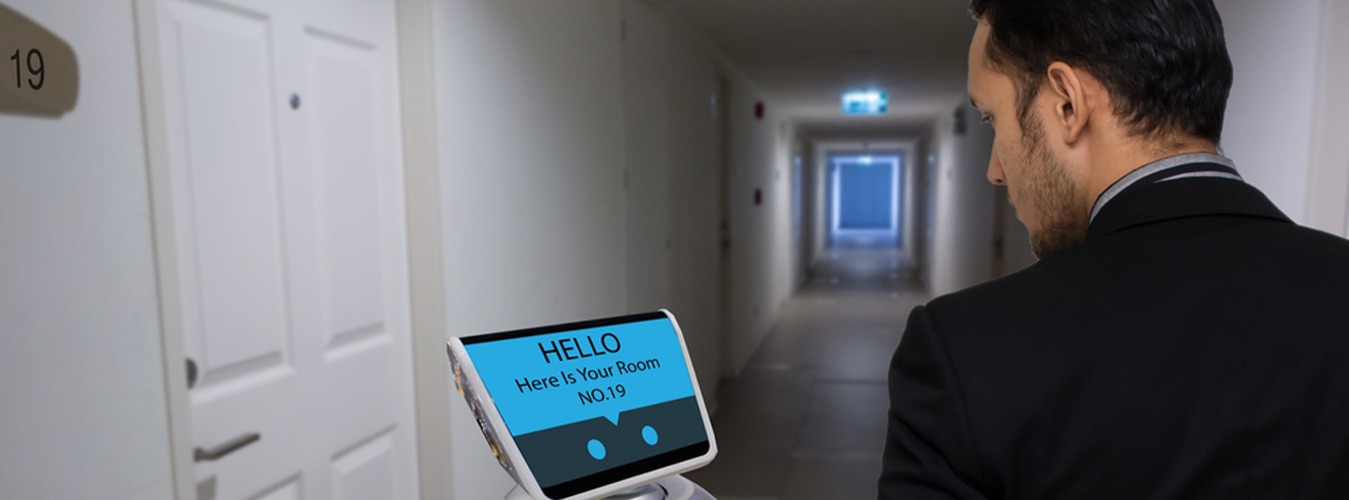The Role of Technology in Shaping the Hotel Industry: From Smart Keys to Artificial Intelligence

In the era of digital transformation, the hotel experience is no longer what it used to be. While guests once settled for a comfortable bed and traditional service, today they expect a smart, seamless, and personalized stay. Technology has thus become a driving force of change in the hospitality industry, from smart keys to artificial intelligence applications.
Smart Keys: The First Gateway to a Tech-Driven Experience
Carrying a traditional key or magnetic card is no longer necessary.
Smart keys—whether through mobile phones or facial recognition—allow guests to access their rooms with ease and privacy.
Benefits of Smart Keys:
Reduced physical contact (especially relevant during pandemics)
Enhanced security and monitoring
Faster check-in and room access
Hotel Apps: Everything at Your Fingertips
Many hotels now offer smart applications that allow guests to:
Make direct reservations
Order food or housekeeping services
Book spa sessions or transportation
Review bills and perform self-check-out
These applications enhance the guest experience while reducing operational costs.
Artificial Intelligence: When Hotels Become Truly “Smart”
.1 Virtual Assistants (Chatbots):
They provide instant responses to guest inquiries 24/7, in multiple languages, without the need for constant human intervention.
.2 Guest Data and Behavior Analysis:
Hotels use AI to analyze:
Frequent guest requests
Optimal booking times
Personal preferences
This enables personalized services and more effective marketing strategies.
.3 Dynamic Pricing:
AI allows hotels to automatically adjust prices based on:
Current occupancy rates
Weather conditions
Local events
Previous booking behaviors
Virtual Reality (VR) and Augmented Reality (AR):
Some hotels now offer:
Virtual tours before booking
In-room AR experiences (such as lighting control or interactive displays)
These tools help guests make informed decisions and enrich their overall stay.
Sustainable Technology
Smart systems for lighting and air conditioning control
Monitoring of water and energy consumption
Waste management through digital applications
Today, technology also supports hotels in achieving environmental sustainability goals.
How Do These Shifts Impact Hotel Success?
Increased guest satisfaction
Improved online reviews and ratings
Reduced operational and staffing costs
Broader appeal to tech-savvy and younger travelers.
Viewed By:
.png)

